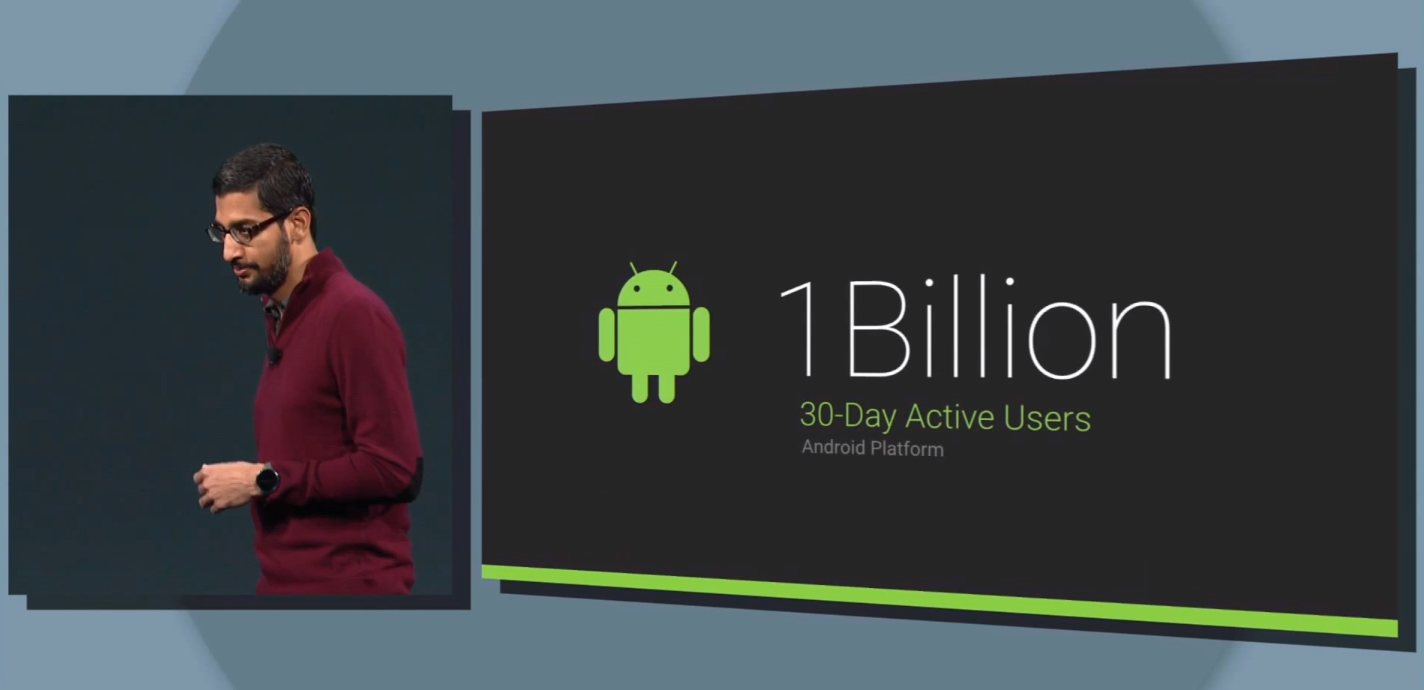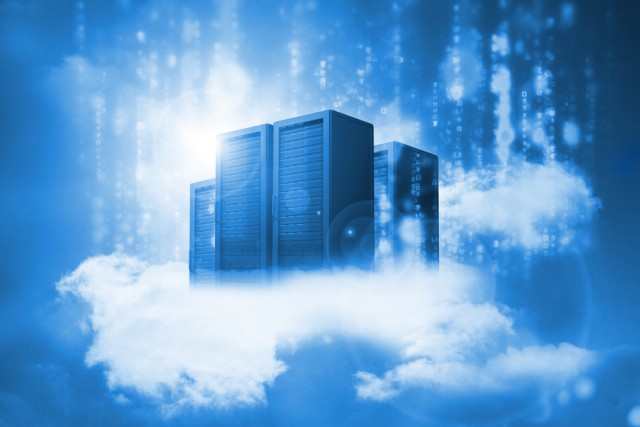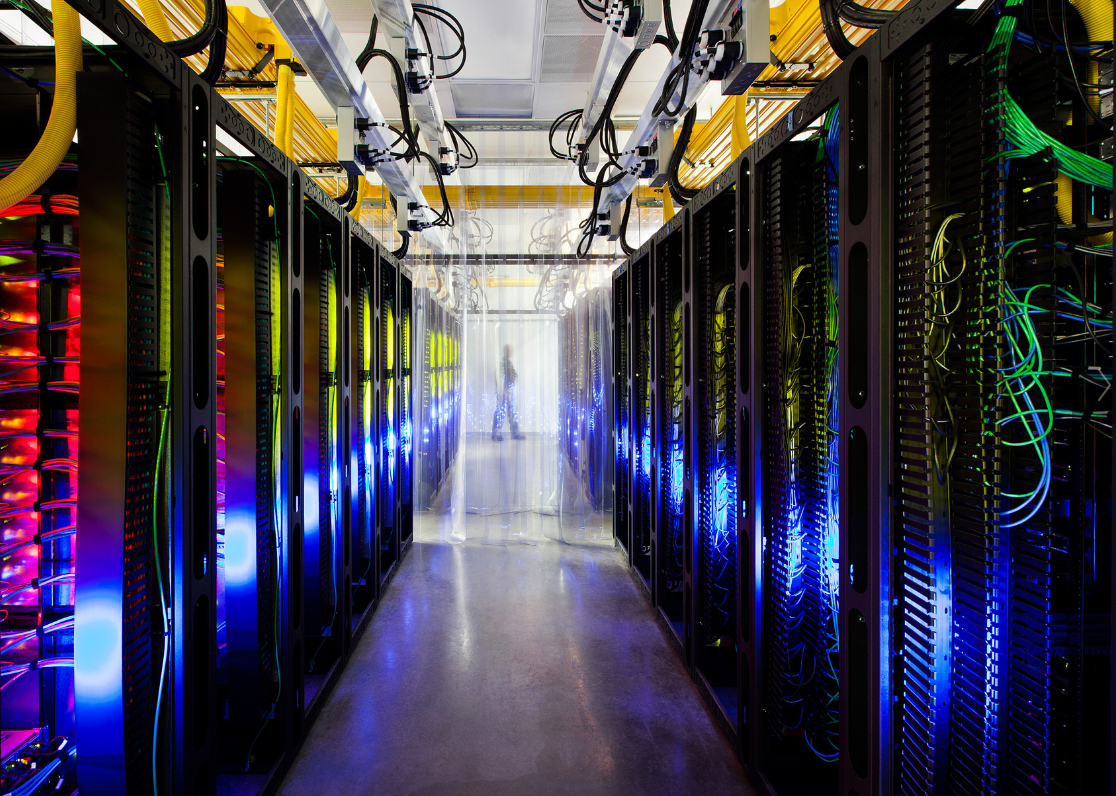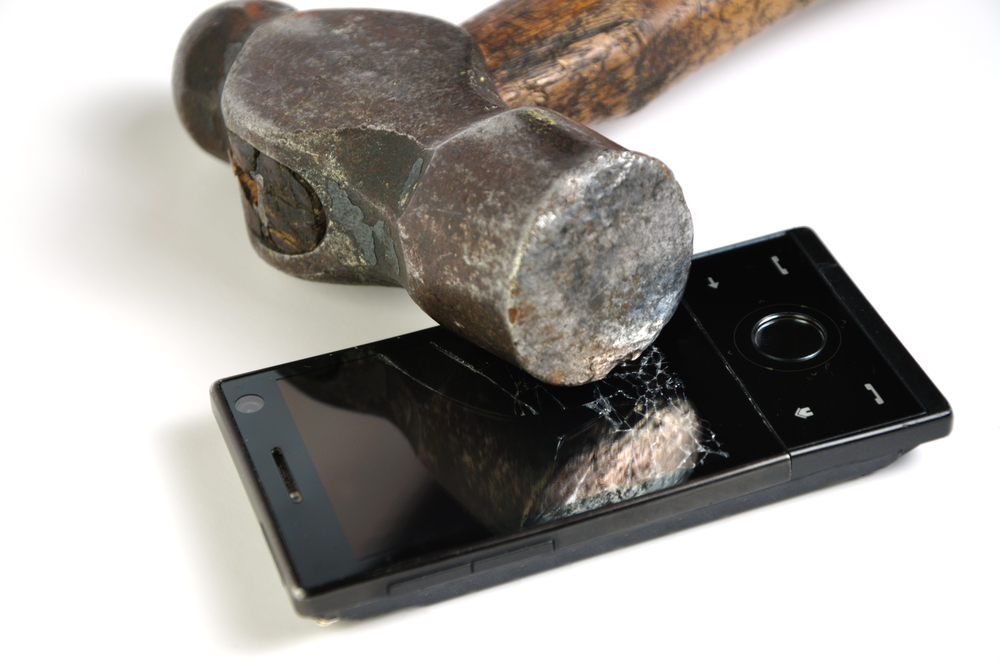
The future of IT spending is bright(ish)
Worldwide IT spending is on track to reach $3.7 trillion, an increase of 2.1 percent in 2014, according to new figures released by research specialists Gartner. However, this is down on earlier projections which put this year's growth at 3.2 percent.
The slower growth outlook is down due to a reduction in growth expectations for devices, data center systems and to some extent IT services. The value of the devices market -- which includes PCs, mobile phones, tablets and printers -- is predicted to grow by 1.2 percent over last year. This is partly due to lower prices. As tablet adoption reaches 50 percent in US households, Gartner forecasts sales of high-end tablets dropping as new buyers are attracted by lower priced units.

HyperCat protocol will make or break the Internet of Things
The idea of connected devices means far more than wireless webcams and televisions that are connected to the internet. The Internet of Things is a buzzword, but it’s also a real, tangible thing. Consumers and businesses alike are looking to the ways in which connected devices can help to make life easier, more efficient, and more profitable. In many ways, this is Internet 2.0 -- we've had Web 2.0, now the Internet is being taken to the next level -- as the benefits of getting ever more devices not only online, but also communicating with each other, are realized. But just as with the web, the IoT needs protocols to ensure compatibility between devices, and this is what HyperCat hopes to bring about.
A collaboration between dozens of UK technology firms, HyperCat is… well… let's allow it to introduce itself. "HyperCat is a media type for the web allowing servers to list catalogs of resources. It is designed to make discovery of IoT services and assets easier". It's a protocol, a specification, a standard. It's an attempt to define the semantics of the Internet of Things, helping to level the playing field and start everyone off on an even footing. As we saw with the VHS and Betamax battle, and the Blu-ray vs HD-DVD format wars, there are just no winners when there are two or more competing formats. It makes perfect sense to pin down how the IoT should work as early as possible, and this is precisely what HyperCat aims to do.

NSA under the microscope -- agency releases "transparency" report
NSA, Snowden, spying, yadda, yadda, yadda. This story is old, I know, but it goes on. The activities of the NSA and other government agencies have forced the online world to look very closely at how its data is being used, and how the companies handling it operate. Just about every online company worth its salt has gone out of its way to bemoan the NSA, their need to comply with data requests from the agency, and their inability to reveal everything they want to about what the NSA is asking about.
We have seen "transparency reports" from Google, Microsoft, LinkedIn and numerous other companies. But as suggested by my use of quotes, and as alluded to in the opening paragraph, there have been (severe) limits to the levels of transparency we have seen. "Quite opaque" might be a better description. Still, with the world and its dog falling over one another to release the most details, most comprehensive, and most self-congratulatory report, we probably should have predicted that pressure on the NSA would reach a point at which it felt forced to show its own hand. That time has come. The microscope has been turned around, and the security agency is now laying bare its own facts and figures.

Comparing the top three cloud storage providers
Last year around seven percent of all data was stored in the cloud, but by 2016 it's estimated that 36 percent of data will be in cloud storage, generating a potential revenue of over $4 billion. Of current storage users, 38 percent say they already use the cloud with 34 percent planning to do so.
Salesforce and Google Drive linking specialist Cirrus Files has been looking at the three main public cloud providers, Dropbox, Box and Google Drive to see how their services compare in this fast-growing sector.

Google I/O 2014 Day 1: What you need to know
Google I/O 2014 started yesterday and, thanks to a lengthy first-day keynote, the search giant has already made plenty of headlines one after another. And for good reason, as it unveiled new software, new hardware (albeit none of it was Nexus-branded) and a number of sweeping changes to its portfolio. Say what you will, but Google sure had plenty of interesting things to show without even announcing a new Nexus tablet (as we were used to in the past two years).
The amount of information from the conference is overwhelming, so here is the tl;dr version.

Google brings out the big guns -- unlimited storage for $10 per month and Office editing
At I/O 2014 Google announced that more cloud storage will be made available to space hungry users. Google Drive for Work has a price tag of $10 per month and includes not just more cloud storage, but unlimited cloud storage. Well, there is one limitation; individual files cannot exceed 5TB, but this is, for all intents and purposes, a deal that is unlimited by most people's understanding of the word. As the name suggests, this is a product that is aimed at businesses, but at this price it is hard to imagine that there won’t be swathes of home users looking to take advantage of the package.
A few months back, Google slashed the cost of its cloud storage packages, but today's news is something quite different. Worries about security may be allayed by the news that Drive, Gmail and Calendar data will be encrypted at data centers. IT admins will also be able to audit and control options, that means internal security policies can be implemented as required.

CloudPhysics helps deliver reliable storage for virtual data centers
Storage is often at the heart of many of the problems companies encounter when running their data centers in the cloud.
Analytics specialist CloudPhysics is looking to help admins pinpoint and resolve storage-related issues with a new Storage Analytics product. This uses big data analysis techniques to predict problems and issue Smart Alerts so that issues can be fixed before they become critical.

Google starts testing new domain registration service -- Google Domains
In many regards, it is rather surprising that it didn’t happen sooner -- today Google announces it is testing a new domain registration service aimed at businesses. Google Domains is currently an invite-only service, and it has taken the search-giant a very long time to get in on the website game. Once fully up and running, "businesses will be able to search, find, purchase and transfer the best domain for their business -- whether it's .com, .biz, .org, or any of the wide range of new domains that are being released to the web".
At the moment, the service is concerned only with domain registration. However, partnerships with the likes of Shopify, Squarespace, Weebly, and Wix.com suggest that storage and web building options will also be in the cards. Few details have been released about just what we can expect from Google Domains, but the About page does give something of an insight. Standard features such as domain forwarding and domain management tools are complemented by customizable sub-domains and email accounts that can be forwarded to existing Gmail addresses.

Microsoft ups the ante with 1TB of free cloud storage for Office 365, 15GB for OneDrive
Just three months ago we saw the start of the cloud storage price wars when Google slashed its prices. Today Microsoft has retaliated by offering a massive increase in the amount of free cloud storage available to OneDrive and Office 365 customers. The company's recently renamed storage service jumps from 7GB of free space to 15GB -- although those with reasonable memories will recall that it is not all that since SkyDrive customers were given 25GB free of charge. But it doesn’t end there. Every version of Office 365 will now come with 1TB of free space as standard.
The figure for OneDrive has not just been plucked out of the air. "Our data tells us that 3 out of 4 people have less than 15 GB of files stored on their PC. Factoring in what they may also have stored on other devices, we believe providing 15 GB for free right out of the gate – with no hoops to jump through – will make it much easier for people to have their documents, videos, and photos available in one place."

Microsoft is cooler than Apple
Third in a series. In business perception is everything. Many companies succeed or fail not because their products are great but their brands are perceived to be that way. Apple is a remarkable perception manager. Consider iPhone 5s, which features and benefits fall far behind many competing devices. Rather than innovate, the fruit-logo launches an evocative marketing campaign -- "You're more powerful than you think" -- that makes the smartphone look better. Improved. The ads are compelling because they communicate: Your life will be better, you shall achieve your dreams, by buying iPhone 5s.
Meanwhile, competitors like Microsoft truly innovate and take the kind of risks that once defined Apple. Last year I asked: "Will 2013 be another year of Apple iteration masquerading as innovation?" Yes, and halfway into another year, little is changed. The answer is the same. Last month I explained "Why Apple no longer innovates". OS X Yosemite and iOS X 8 are prettier, but so what? Meanwhile, Windows 8/8.1 is a radical rethinking of the platform -- as is Surface, which delivers refreshing change to computing. What's that long-forgotten Yellow Pages tagline? Let your fingers do the walking. They do on Surface.

New Seismic release gives sales and marketing teams a competitive edge
Cloud-based sales platform specialist Seismic is launching a new version of its product aimed at giving marketing teams a deeper insight into how their material influences actual sales.
It's focused on increasing conversion rates for B2B sales, shortening sales cycles and boosting customer retention rates.

Why IT departments will soon be the exception, not the rule
For many organizations under 100 users or so, there has been a trend on the rise that is either decimating formal IT departments entirely, or trimming them down to bare minimum levels. Many in the IT industry wouldn't notice it, because, of course, they may likely be working for such a department themselves. It's hard to have an objective viewpoint when you're part of the status quo.
As an outside consultant, who works with a variety of organizations small and large, I see my clients and their support structures from a different lens. Being an outsider here has its advantages, namely in being able to see many of these IT departments for what they are.

What we can learn from Facebook's 30 minute outage
Facebook is at the heart of delivering applications to a generation of content-hungry consumers, who expect short, intense experiences and flawless execution when they engage with brands. Because of this, companies like Facebook invest millions to ensure their platforms are robust enough to withstand almost any situation.
Apps look simple to the user, but under the hood they are often incredibly complex. When someone Likes a post on Facebook or places a comment, a single click triggers millions of lines of code and activates thousands of servers, so managing these applications is challenging.

Microsoft, Google to include kill switch in Windows Phone, Android
Both Microsoft and Google have agreed to add a kill switch their mobile operating systems. Following an agreement with the New York Attorney General, the next versions of Windows Phone and Android will include a feature that will render handsets useless if they are stolen. The attorney general, Eric Schneiderman, published a report yesterday outlining the importance of such a feature, and revealed that two of the biggest names in technology are on-board.
It's something that authorities have been calling for for some time now, citing the sheer number of mobile phone thefts taking place around the world. Schneiderman's report points to Apple as proof of the efficacy of a kill switch. Thefts of iPhones dropped by 17 percent in New York City after the introduction of a remote wiping and locking feature. The Secure Our Smartphones report took fire at Samsung. The company had opted not to include a kill switch, and thefts of Samsung handsets jumped by 40 percent in NYC. "Reactivation Lock" has since been implemented on a small number of new Galaxy handsets.

Evernote 5.4 for Windows Desktop adds user-requested features, including shortcuts toolbar option
Evernote Corporation has released Evernote 5.4 for Windows Desktop, a minor update to its popular cloud-based, cross-platform note-taking and organizational tool.
Version 5.4 introduces two new features based on user feedback: the ability to request additional permissions when accessing shared notebooks, and the ability to view shortcuts horizontally on their own dedicated toolbar.
